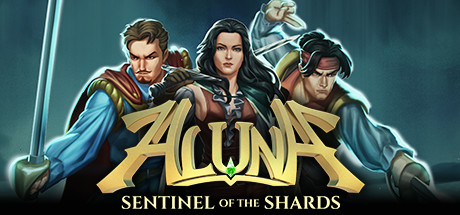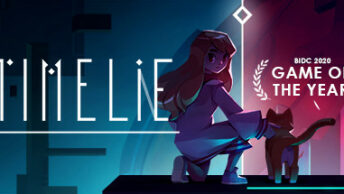The demigoddess Aluna gets her first solo appearance in a game
Type: Singleplayer
Genre: RPG, Action
Developer: Digiart Interactive
N-Fusion Interactive
Publisher: Digiart Interactive
Release date: 26 May, 2021


I had never heard of the comic books featuring Aluna before playing this game, and I still don’t know much about it (I’ve never been much of a comic book person). So this review is written from the perspective of someone going in completely blind. Surprisingly enough this is not the first videogame appearance of Aluna though, as she was a playable character in Heroes of Newerth.
Aluna: Sentinel of the Shards is a hack & slash RPG in the vein of Diablo featuring comic book heroine Aluna, set in south America during the 16th century, when Spain and Portugal were laying claims to the continent. It’s a setting that’s criminally under-explored in games. And with involvement from the comic book series co-creator, Paula Garces there’s a lot of potential here for an interesting game. But does it live up to its potential?
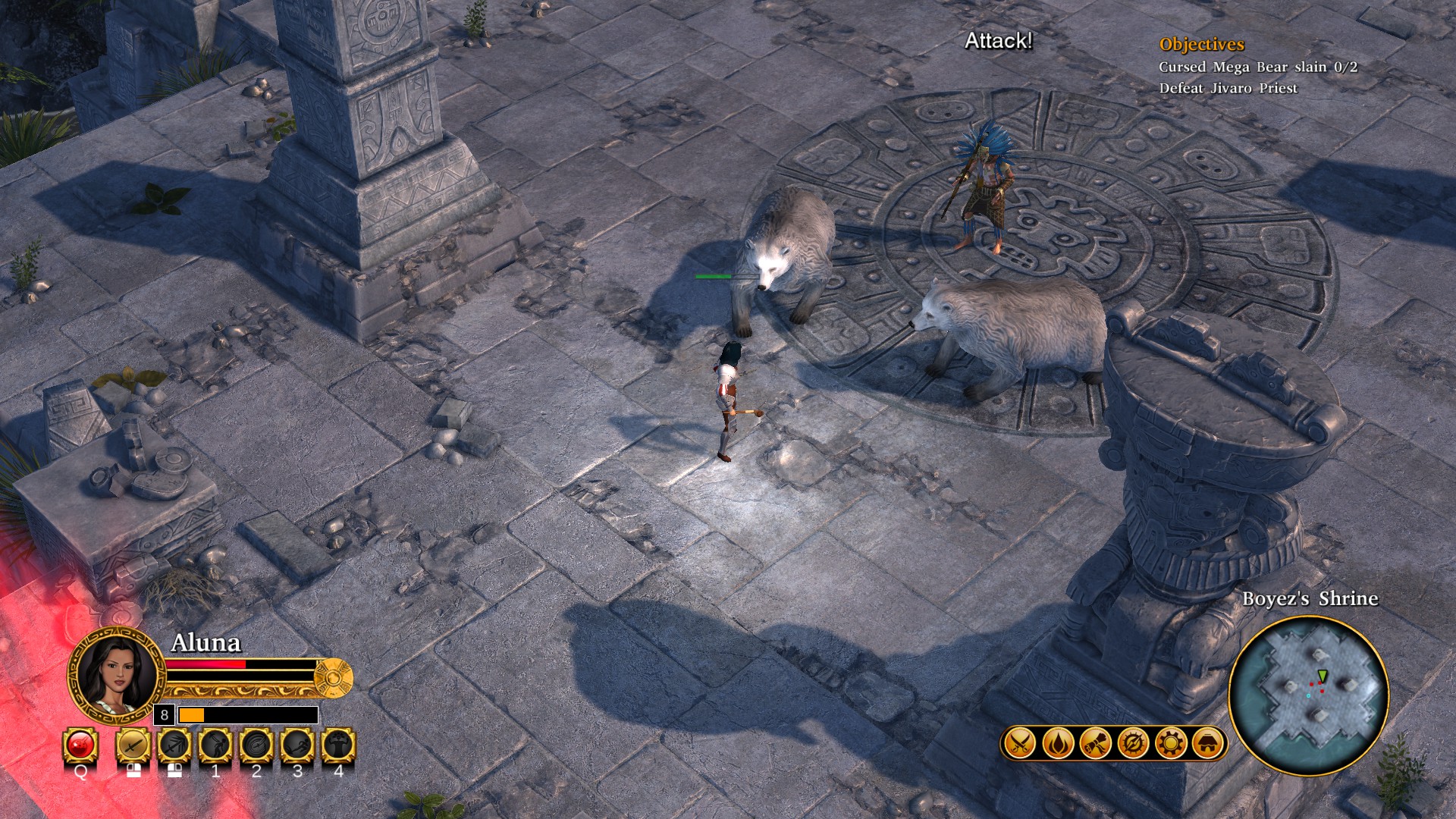
Story & Setting
Born from the union between Hernán Cortés (who we are now treating like a good guy?) and the Incan goddess Pachamama, Aluna is a half goddess with a foot in both the old and the new world. Her backstory is probably established more in the comics, but the game still does a good job at giving you enough of a backstory to know who she is and why she’s capable of using special powers.
The evil priest Nagaric, leader of the Jivaro tribe, who everyone thought had been defeated some time ago, seems to have returned, and he’s after the powers of Aluna and Pachamama. After an attack on Aluna’s tribe, the Tairona, Aluna is now forced to go out into the world and try to find divine shards that are capable of defeating Nagaric. But is Nagaric acting alone, or is there a greater force acting behind the scenes?
The story in Aluna: Sentinel of the Shards is surprisingly well told for a hack & slash RPG, with a good amount of different characters and even some Incan deities getting involved. This is no Planescape: Torment, but compares to say Diablo and its ilk it’s well above what you would expect. The game also does a good job at introducing its characters and the story elements, so even someone who’s never read the comic book should have no trouble with following the story.
Sadly the setting feels a little but undercookd. The game takes place in south America and it does make frequent references to Incan gods, but most of this feels very surface level, there’s hardly anything dealing with the real world conflicts that happened at the time and the conquistadores and natives seem to be more than happy to just live side by side. The culture of the Tirona is also hardly touched upon, and were it not for the gods and some architecture and items unique to the region being shown the game could easily have been set almost anywhere .
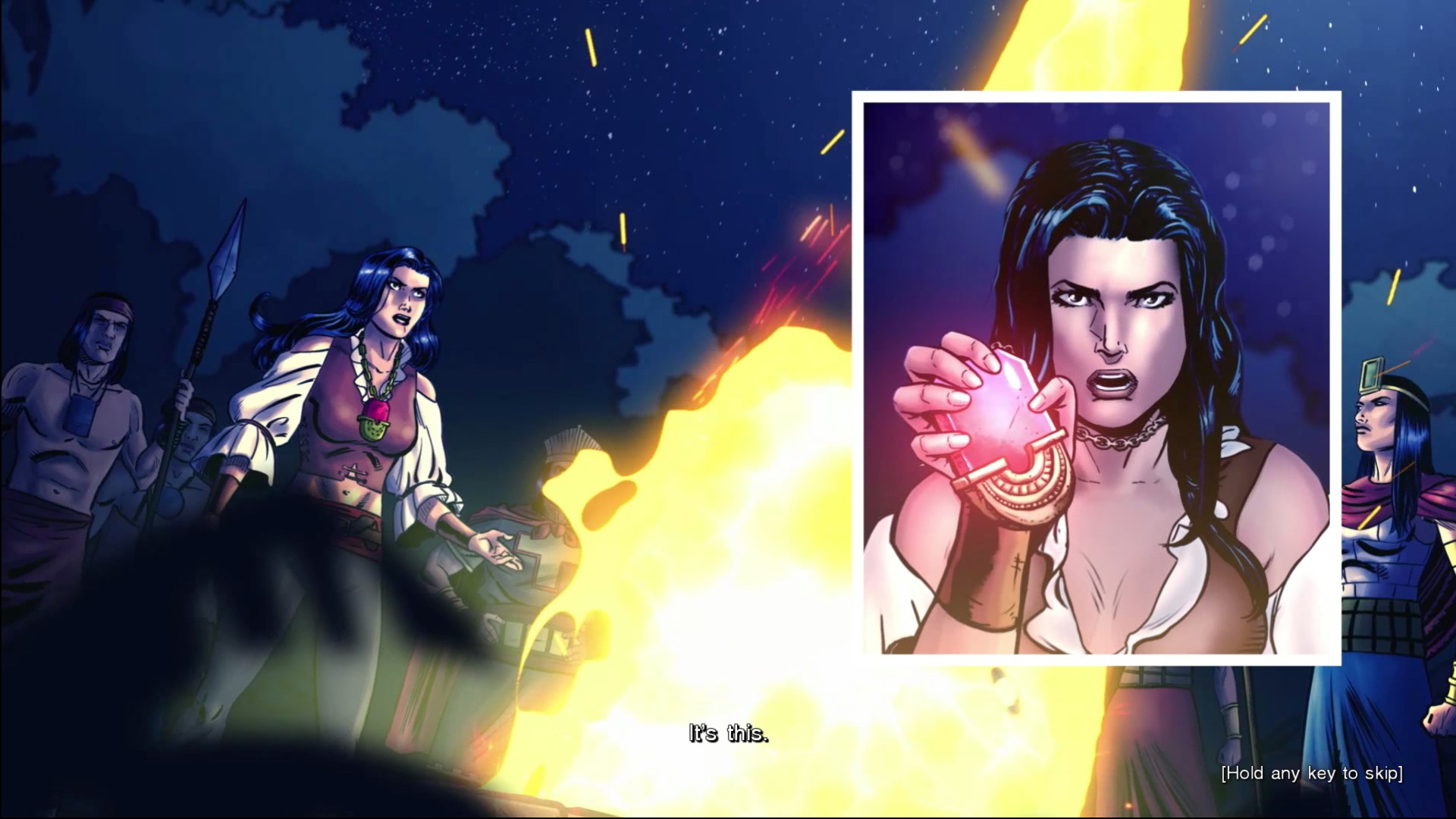
Presentation
Aluna makes good use of its comic book heritage and starts off with a cutscene that uses comic book panels and light animations to tell a story. This is then used again on a few occasions to punctuate important story moments. These comic book panels are well drawn and seem to match the style of the comic the game is based on (at least if what shows up on google image search is anything to go by).
The in-game graphics are not as impressive, though not necessarily bad. The game is viewed from an isometric perspective and in many ways looks similar to the first game in the Sacred series, thanks to its perspective and animations. Character and terrain models are not very complex compared to modern big budget games, and the textures are fine, but nothing to write home about. The animations can also look a bit stiff, though it’s not so bad that it’s distracting. It might sound like the game is terrible looking from this description, but it really isn’t, it’s perfectly fine, and even above average for a smaller release, but it’s nothing special.
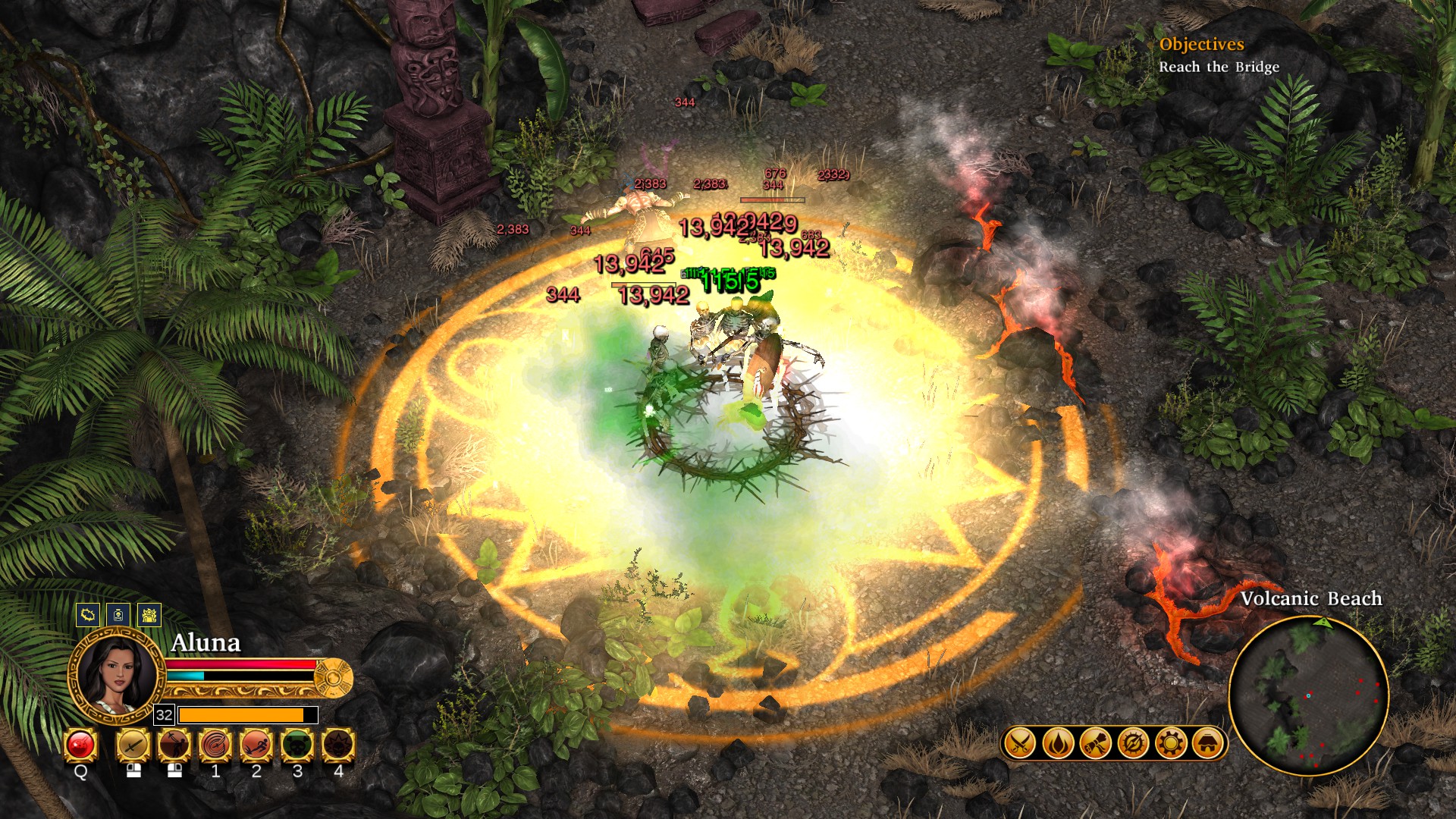
Combat can at times be visually cluttered as certain abilities leave large effects, which can overlap. This is usually not a big problem, but when both you and enemies have abilities like these it can be hard to spot certain attacks. What’s worse is that enemies are pretty poor at telegraphing when they’re about to use a powerful ability.
Both the music and sound effects are fine, though once more nothing special. Attacks lack a certain heft to their sound effects, making them feel weaker than they really are. On the plus side the sound effects are not annoying. As for the music it works as background music, but it’s not particularly memorable. Once nice bit of audio feedback is the sound that plays when a piece of loot of the highest rarity drops. These are generally very powerful so you don’t want to miss them.
Then there’s the voice acting, which can be somewhat spotty. It’s not bad, and for a small production like this it’s better than you might expect, but it’s also not great, and some of the lines seem to have been read at different times without much direction, so you get vastly different pronunciations of names even during the same dialogue scene.
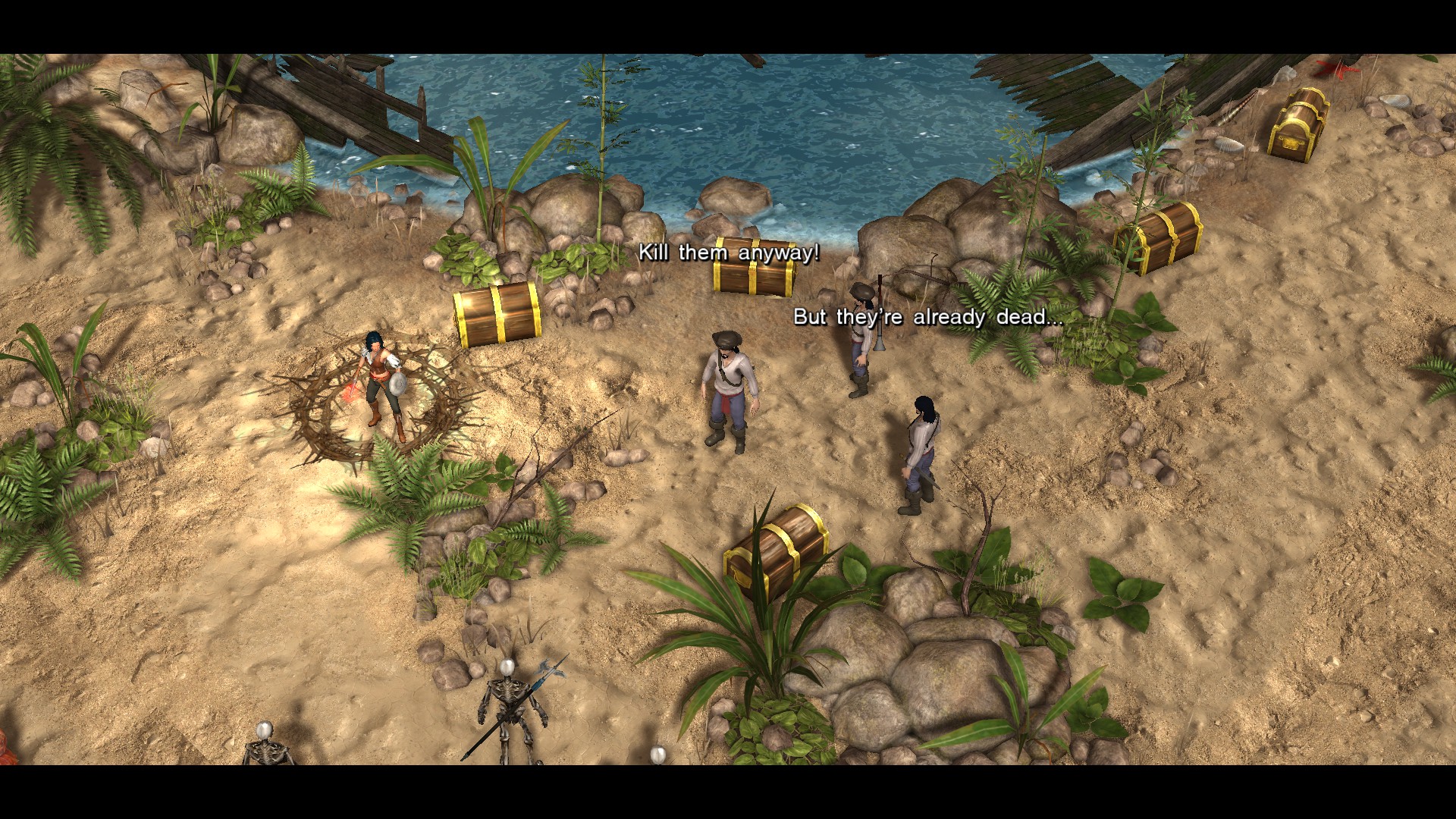
Gameplay
Diablo sure casts a long shadow. Aluna: Sentinels of the Shards plays similarly to a lot of games that came out after Diablo (and Diablo 2 in particular), and that draws inspiration from that series.
In Aluna: Sentinels of the Shard you’re playing as the titular Aluna, who needs to make her way across a land full of dangers. Gameplay is similar to that of other hack & slash RPGs that uses an isometric perspective. You click on the ground to move, click on enemies to attack, and use abilities with the other mouse button. You’ve also got a hotbar with room for four more skills. Enemies come at you in large numbers, with more dangerous enemies sometimes scattered in among the regular ones, denoted by a skull. Your goal is simply to get through each map and reach the exit, but it’s a good idea to try and kill enemies along the way, as that’s how you earn experience and find loot.
Combat in Aluna feels alright and it can be satisfying to plow trough a large group of enemies with a whirlwind attack, but it lacks depth. Against any group of foes you can’t win against by just trying to bring their HP down to 0 before they do the same to you the best strategy is to go in, use your attacks and once your HP is running low, and your healing potion is on cooldown, just run for it. Apart from bosses most enemies will give up the chase pretty fast and you can repeat this until all the enemies are dead. Bosses are in theory a bit tougher, as you need to kite them around the battlefield while you wait for your healing potion to become available again, but the process is still roughly the same.
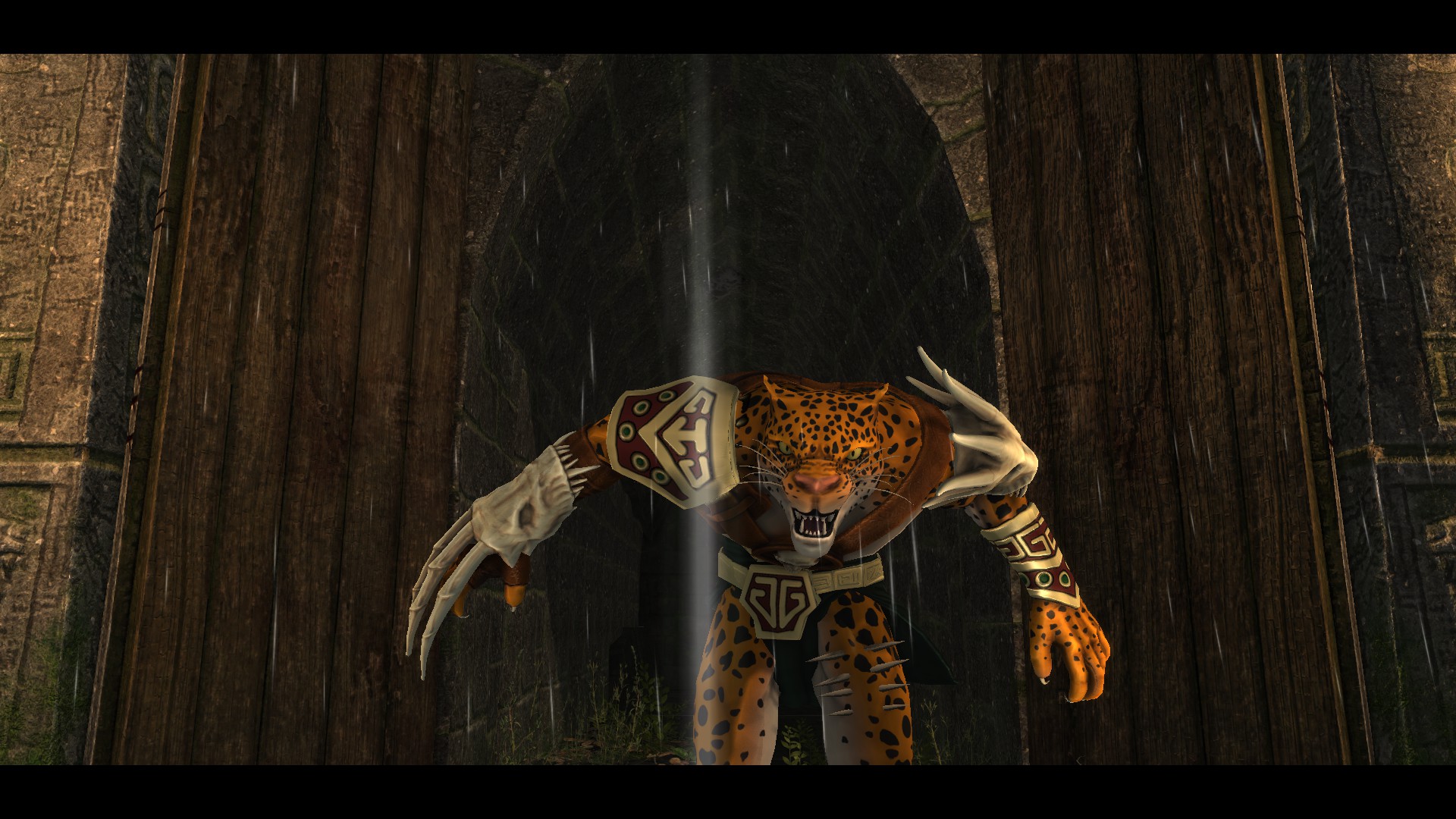
The enemy variety is pretty poor. There are a few enemy types that you’ll be fighting over and over, and in later areas you’ll be facing enemies that look and act identical to their early-game counterparts, though with inflated stats. There are still a few new enemies introduced along the way, and few areas are completely devoid of anything new.
Whenever you level up you’ll get to allocate one skill point. There are three skill trees, one for close combat, one for ranged combat and one for magic, and each has a few passive and active abilities. There are some combo potential with skills from different trees, though there’s not much incentive to split your skill points between multiple trees beyond getting the passives at the bottom of each one, as well as maybe one key ability that’s easy to reach.
Using skills costs mana, as is customary in games like these, but the way mana is regained works a bit differently than normal. You regain mana by using your basic attack, and you regain a lot of mana with each hit, so you can easily spam abilities through the entire game.
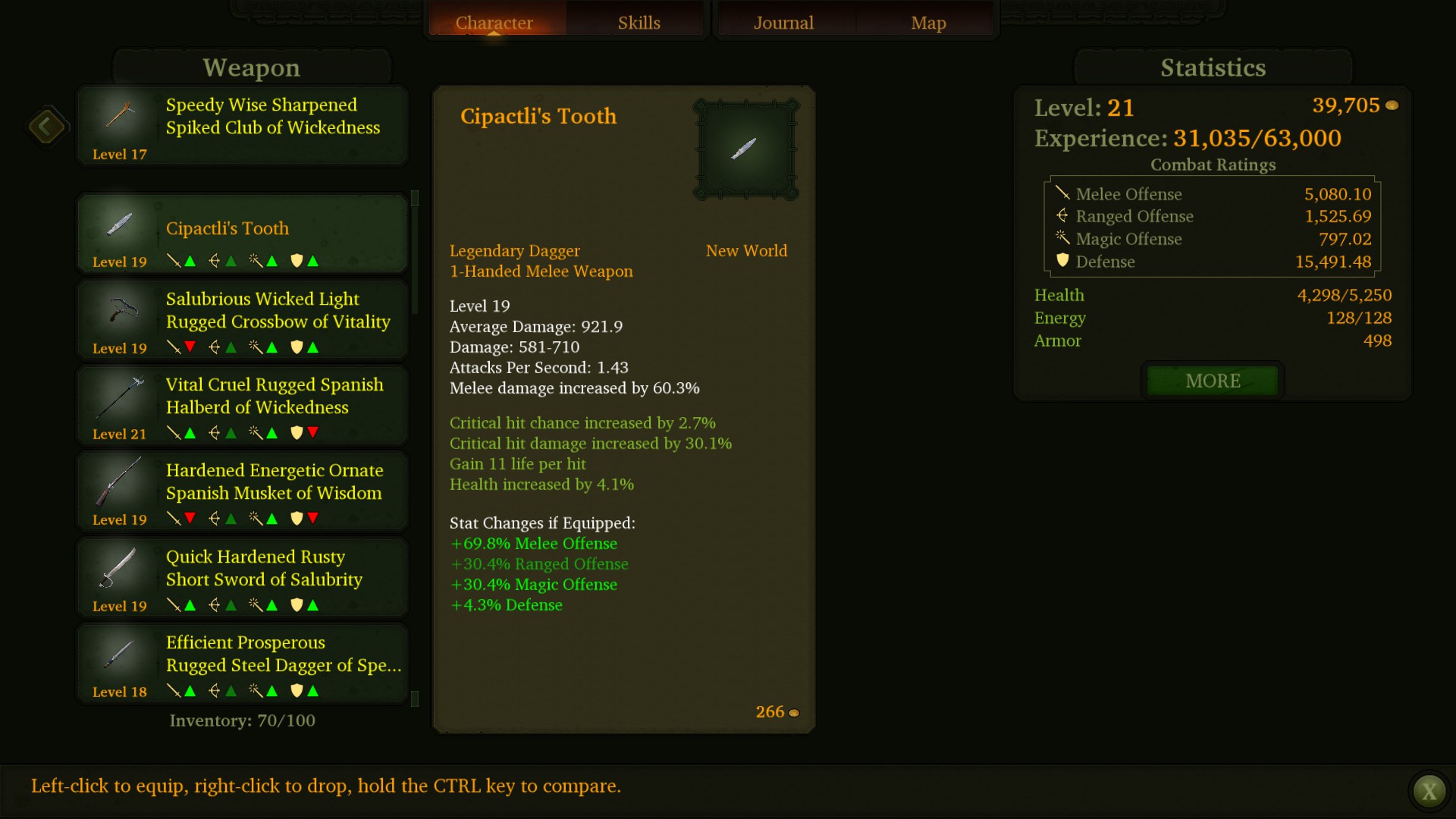
Loot comes in four different rarities, with the rarest ones often having a secondary effect that improves an ability when equipped. The highest rarity of loot is usually so much stronger than anything else that you find that you’ll want to keep using it for a long time. Thus ultimately hurts the loot aspect of the game as you’ll not get a constant trickle of upgrades, but just a few major ones, and most loot is just trash that can be sold to a vendor. Not that money carries much value in this game though, and you’re likely to be swimming in cash by the end of the game.
There’s not much of a difficulty curve in Aluna, instead the difficulty tends to spike hard in certain areas. Enemies largely use the same abilities that you do, and some of those are very strong. When you’re going up against enemies with these stronger areas you can quite easily go from 100% to 0% health in the blink of an eye, and as the enemies are not very good at telegraphing their attacks this is especially annoying. Some enemies are also able to stun you, and in one early area not getting chain-stunned comes down more to luck than skill. If you do get chain-stunned it’s pretty much an instant game-over. The game frequently auto-saves though, so death is at least never very punishing. There’s also a boss that is able to teleport and instantly hit you as it does so, dealing a large chunk of damage, though this is most likely due to a bug and not something intended.
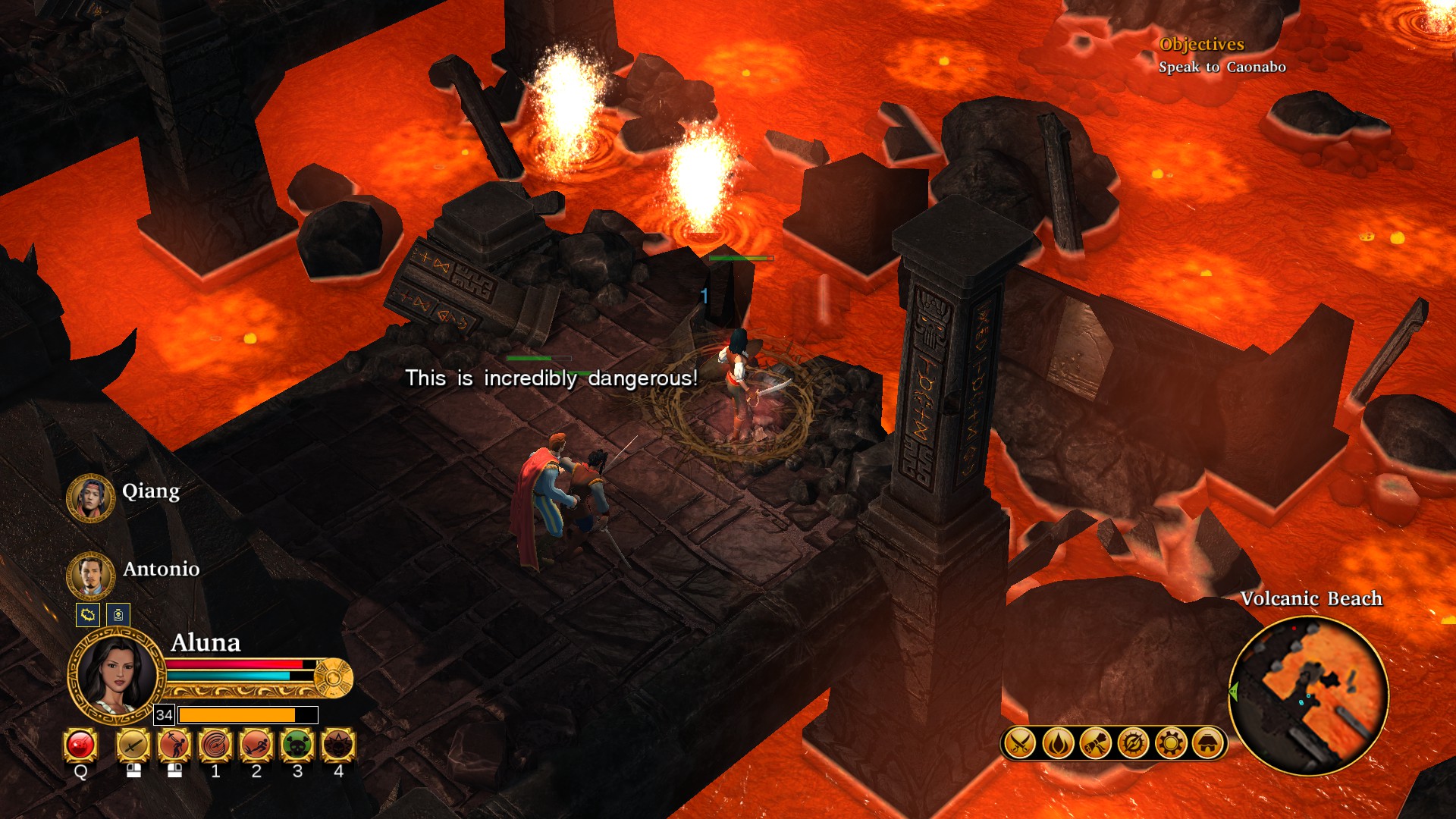
Closing thoughts
Aluna is a game that could have used a bit more time in development, mostly to get the balance right. Sometimes enemies can take you down in one hit, even if you’re using armour that’s appropriate for your level, you’re using a shield and you’ve got health boosts on other equipment, and sometimes it’s a cakewalk with enemies barely being able to scratch you.
If you’re starved for hack & slash RPGs Aluna might be worth picking up on a sale, and hopefully the games balance will have been improved by then, but it’s probably not worth getting at full price, even if that full price is not very high to begin with.

